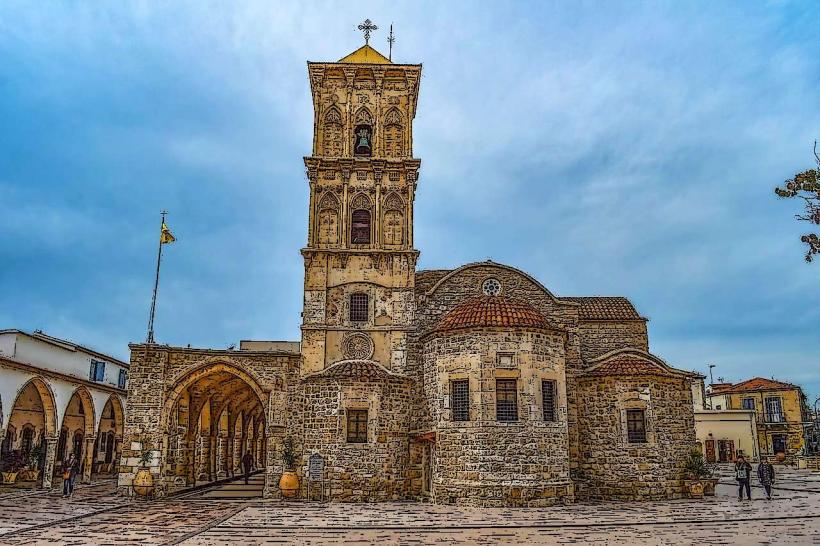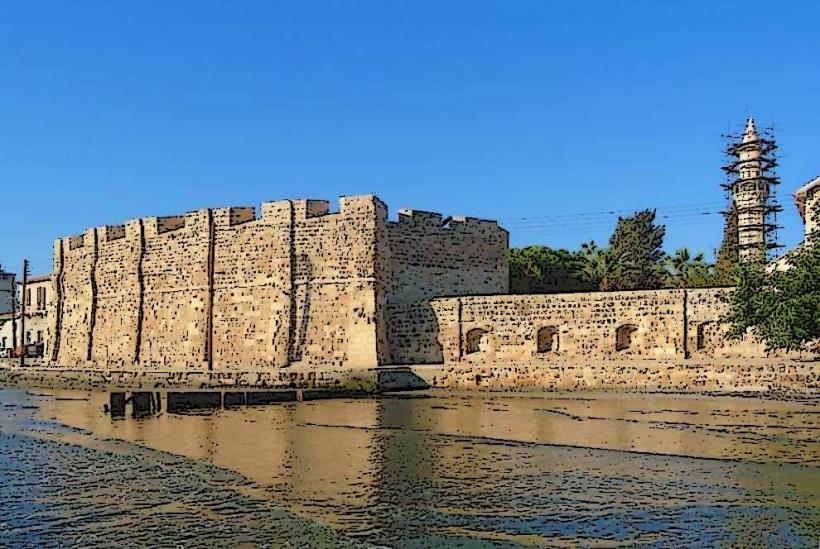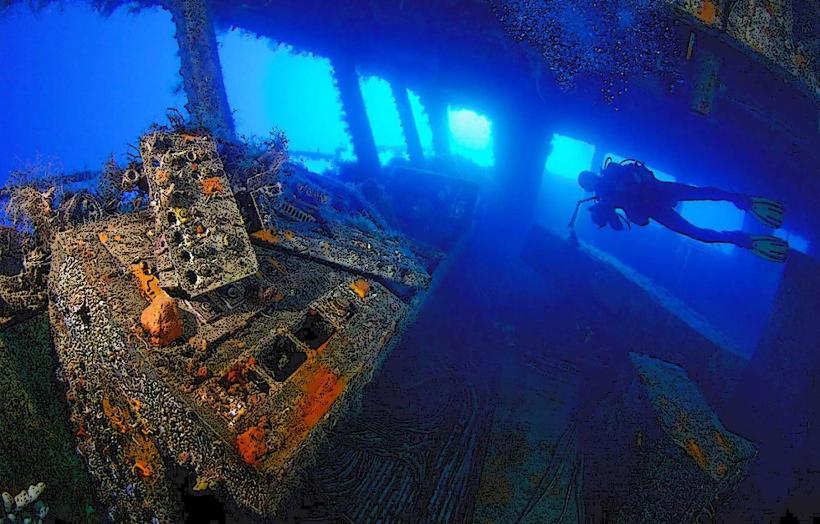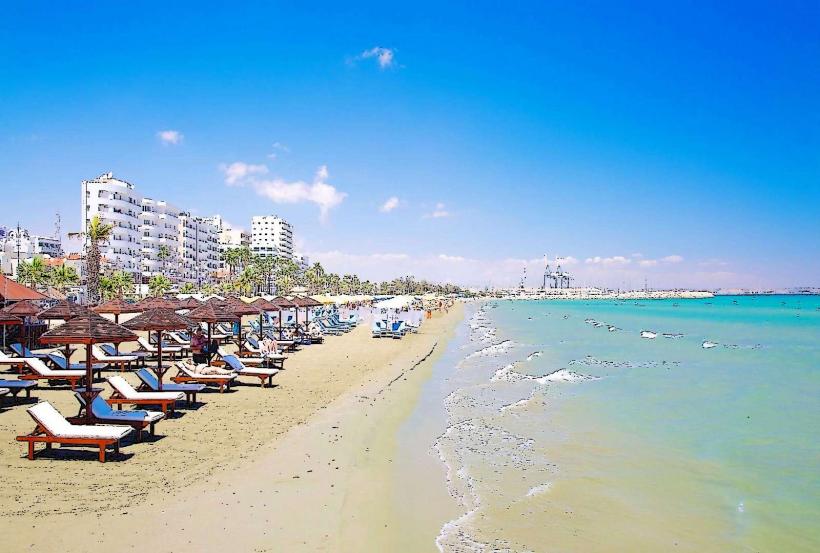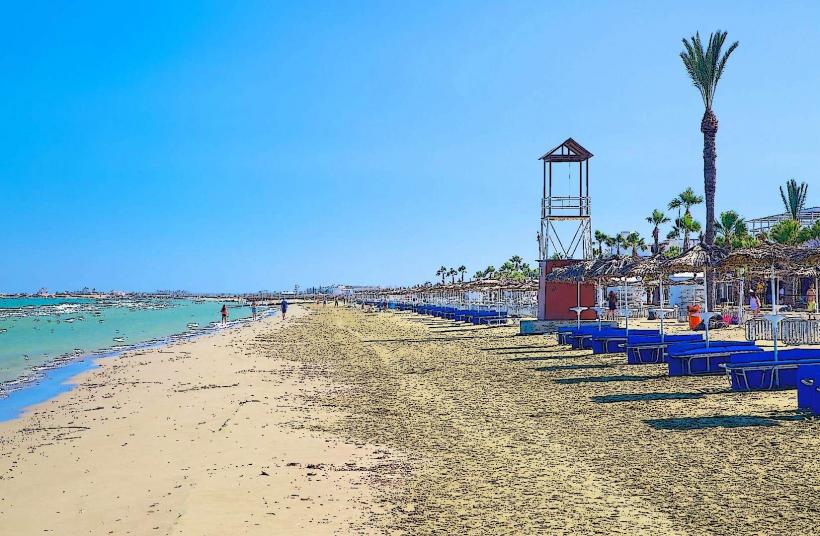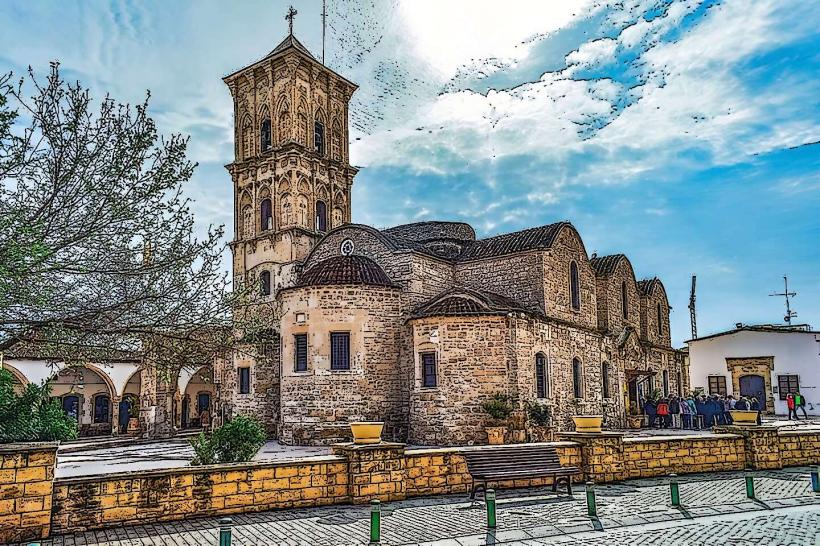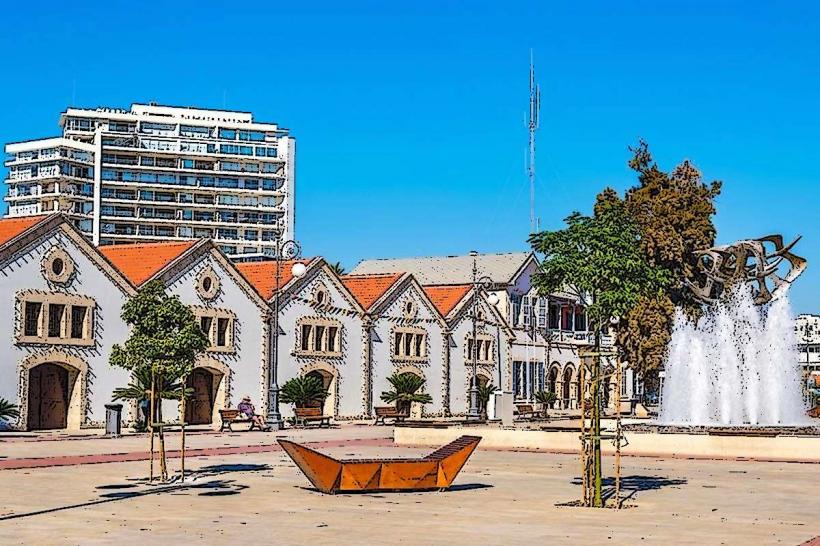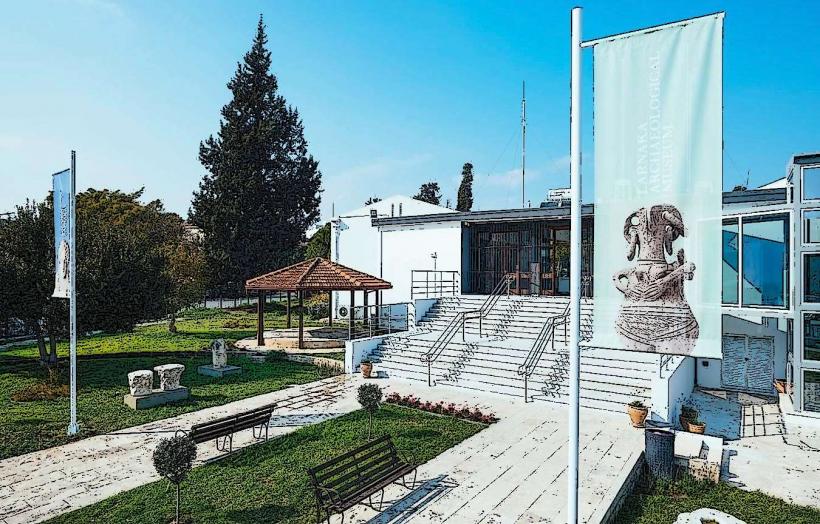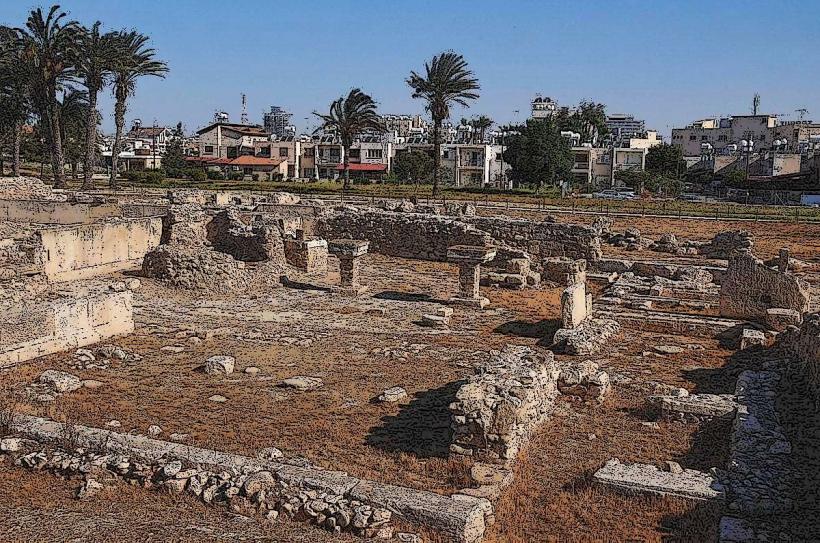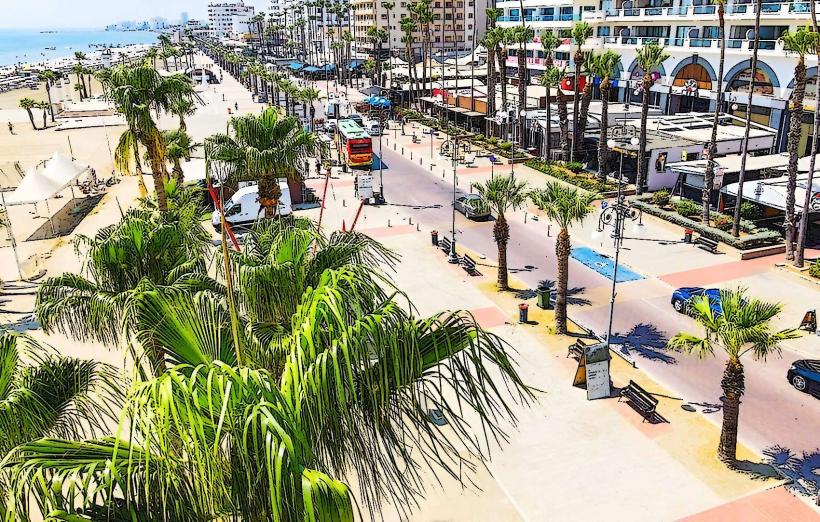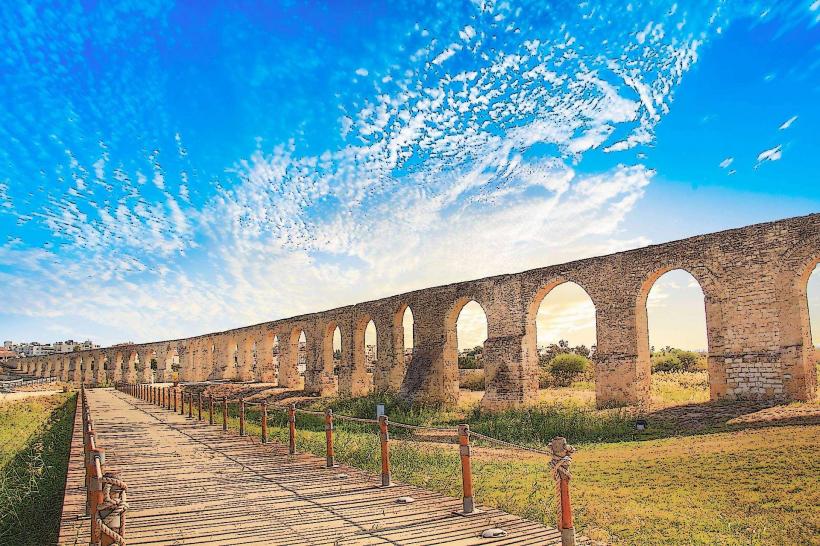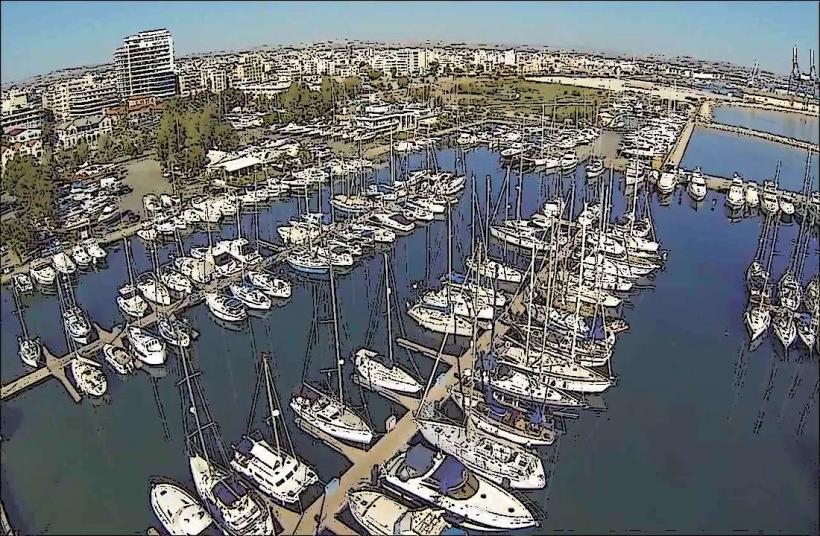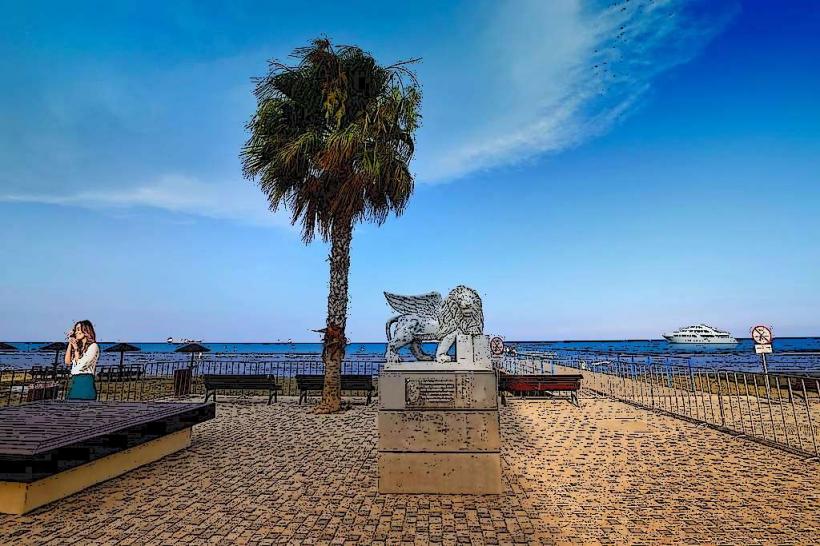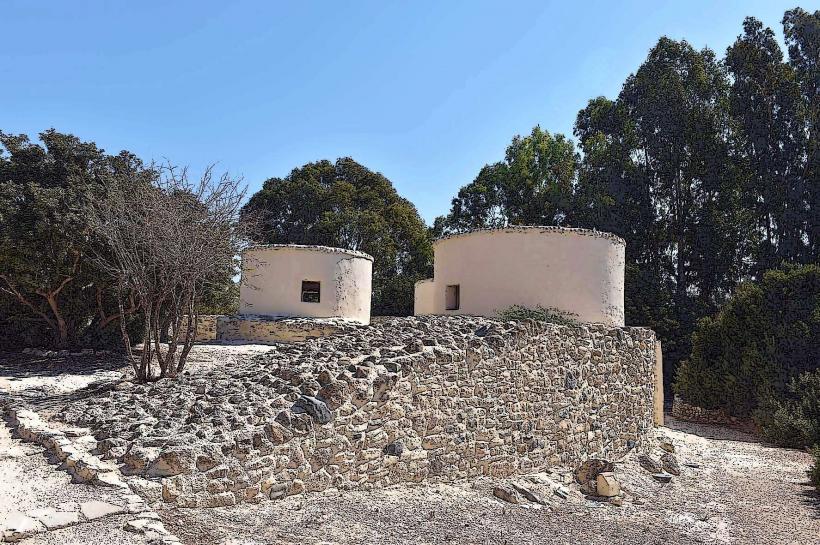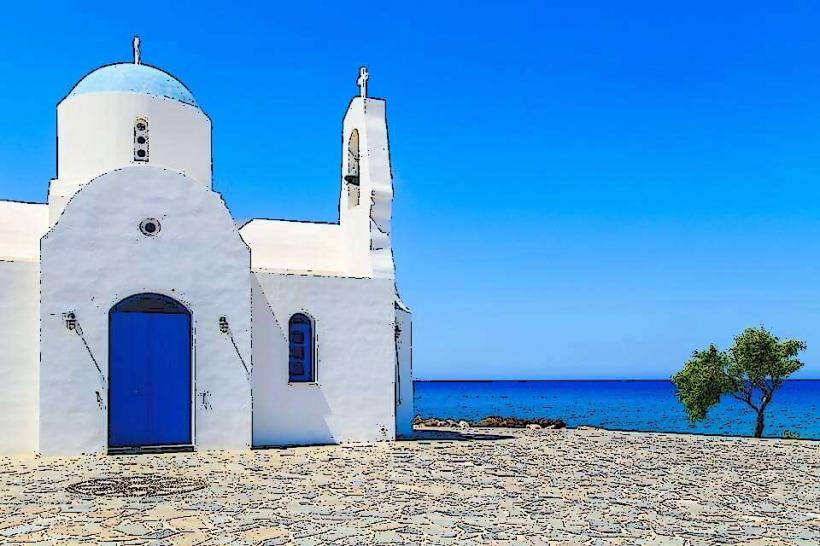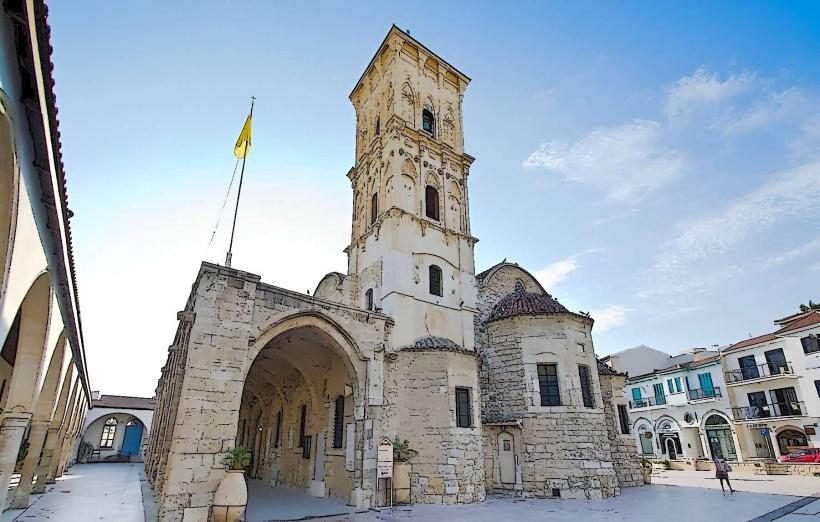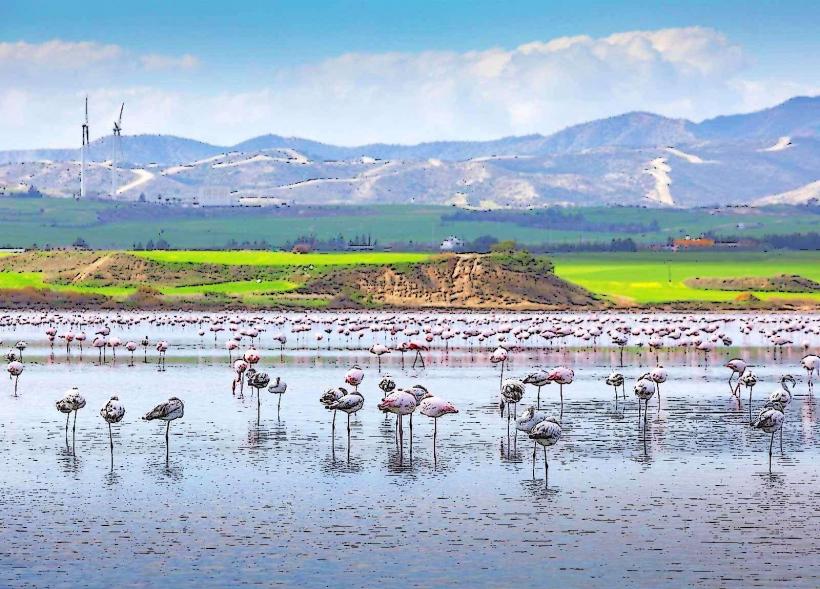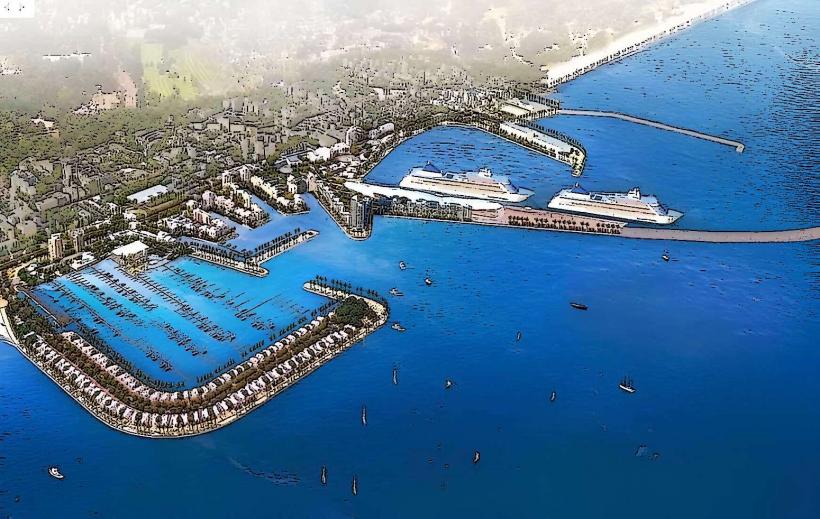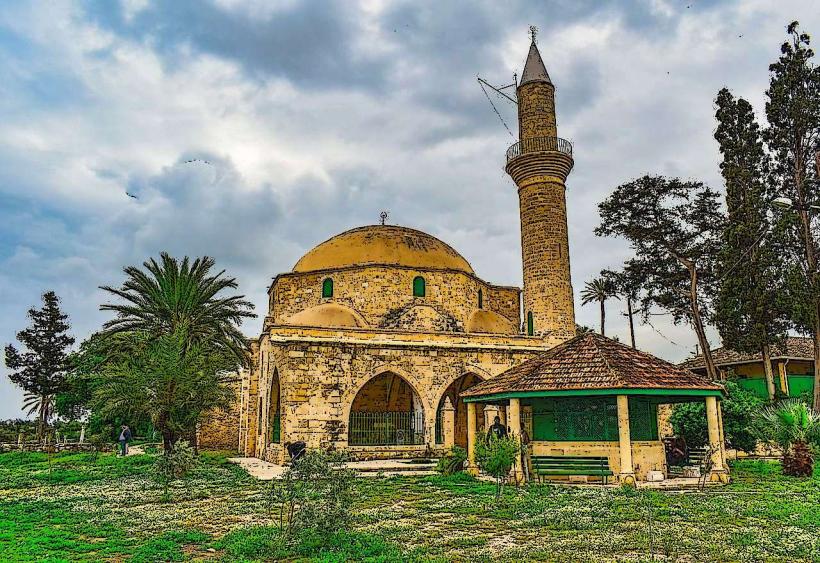Information
City: LarnacaCountry: Cyprus
Continent: Europe
Larnaca is a coastal city located on the southeastern part of Cyprus, and it is one of the island's major cities and port towns. Known for its rich history, beautiful beaches, and international connections, Larnaca serves as an important cultural and economic hub. Here's a detailed overview of the city:
1. Geography and Location:
- Larnaca is positioned along the Mediterranean Sea on the southeast coast of Cyprus, about 45 km south of the capital Nicosia and 135 km from Limassol.
- The city has a Mediterranean climate, characterized by long, hot summers with mild winters. The warm weather makes Larnaca a popular destination for beach tourism and water activities year-round.
- Larnaca’s location makes it a gateway to Cyprus for international travelers, as it hosts the Larnaca International Airport, the island’s busiest airport.
2. History:
- Larnaca has been inhabited since ancient times, with evidence of settlement dating back to the Late Bronze Age (around 2000 BCE). It was originally known as Citium (or Kition in Greek) and played a key role in the ancient Phoenician and Greek cultures.
- The city flourished under Greek and Roman rule and became an important hub for trade and culture in the ancient Mediterranean world. It was one of the primary ports of ancient Cyprus.
- Christianity also has deep roots in Larnaca, as it was here that the Apostle Barnabas was born, and the city has been associated with early Christian history. Larnaca became part of the Byzantine Empire and later the Ottoman Empire, both of which influenced the city’s architecture and culture.
- In modern history, Larnaca has remained a vital city, experiencing economic growth in the 20th century, particularly after the construction of its airport and port.
3. Economy:
- Tourism is a significant driver of Larnaca’s economy, thanks to its beaches, historical sites, and proximity to Larnaca International Airport, which handles the majority of international flights to Cyprus.
- The Larnaca Port serves as one of Cyprus’s main ports, handling both passenger and cargo ships, and playing an important role in the island’s maritime industry.
- The city has seen an increase in real estate development and infrastructure improvements, with growing investments in hotels, apartments, and commercial spaces.
- Additionally, the service sector in Larnaca, particularly in finance, retail, and hospitality, has seen growth due to the presence of both local and international businesses.
4. Urban Structure:
- Larnaca's urban structure is a blend of modern developments and historic neighborhoods. The city has a charming Old Town characterized by narrow streets, traditional Cypriot houses, and landmarks such as the St. Lazarus Church and the Larnaca Fort.
- The city center is home to many shopping streets, cafes, restaurants, and public buildings. Major commercial areas have developed along the Foinikoudes Beach promenade, one of the city’s most popular spots.
- Modern high-rise buildings and developments have been integrated into the city’s architecture, particularly along the coastline, but efforts have been made to preserve the historic charm of the Old Town.
5. Cultural and Social Life:
- Larnaca is a city that celebrates its rich cultural heritage, with various museums, galleries, and theaters. Notable cultural institutions include the Larnaca Municipal Art Gallery, the Larnaca District Archaeological Museum, and the Pierides Museum.
- Larnaca also hosts a number of cultural events throughout the year, including music festivals, theater performances, and traditional celebrations, such as the Larnaca Carnival and the Larnaca Wine Festival.
- Cypriot cuisine is prevalent in Larnaca, and the city offers a variety of local taverns and restaurants where visitors can enjoy traditional dishes, such as meze, souvlaki, and halloumi cheese.
6. Tourism:
- Larnaca is a popular tourist destination, offering a mix of beach resorts, historical landmarks, and modern attractions. The Foinikoudes Beach is one of the main beaches, with a long stretch of golden sand lined with palm trees, cafés, and restaurants.
- In addition to its beaches, Larnaca is home to historical sites such as Hala Sultan Tekke, a mosque located near the salt lake, and the Church of Saint Lazarus, one of Cyprus's most important Christian sites, built over the tomb of Saint Lazarus.
- The Larnaca Salt Lake is a natural wonder that attracts visitors, particularly in winter, when flocks of flamingos can be seen migrating to the area.
- Mackenzie Beach is another popular beach in Larnaca, known for its lively atmosphere, water sports, and numerous beachfront bars and restaurants.
7. Education:
- Larnaca offers a range of educational institutions, including primary and secondary schools, as well as international schools. The European University Cyprus has a campus in Larnaca, offering higher education programs, particularly in the fields of business, healthcare, and technology.
- The Cyprus University of Technology also has a presence in Larnaca, contributing to the city’s role as an educational and research center.
8. Transportation:
- Larnaca is well-connected both nationally and internationally through Larnaca International Airport, which serves as a primary gateway for visitors arriving in Cyprus. The airport has regular flights to major European cities, the Middle East, and other international destinations.
- The city is connected by road to other major cities on the island, such as Nicosia, Limassol, and Paphos, through the Cypriot highway system.
- Larnaca also has a well-organized public transport system, which includes buses that serve both local and intercity routes.
9. Environmental Initiatives:
- Larnaca is committed to sustainability and environmental conservation. Efforts are being made to preserve natural sites like the Salt Lake and the Hala Sultan Tekke, as well as to improve urban green spaces and reduce the city's carbon footprint.
- The city has introduced initiatives to promote recycling, energy efficiency, and eco-friendly urban development.
- There is also a focus on promoting eco-tourism, with initiatives that encourage visitors to enjoy the island's natural beauty in a sustainable manner.
10. Challenges and Future Outlook:
- One of Larnaca's primary challenges is the need for infrastructure development to accommodate the increasing number of tourists and expatriates moving to the city. This includes expanding transportation networks and improving public services.
- The city is also undergoing urban revitalization projects to upgrade its infrastructure and attract new investments, especially in sectors like real estate, technology, and finance.
- Larnaca is working to position itself as a growing hub for both tourism and business while maintaining its historical character and environmental sustainability.
Conclusion:
Larnaca is a city that beautifully combines ancient history, modern conveniences, and natural beauty. It serves as a key economic and cultural hub in Cyprus while also offering a relaxed coastal lifestyle with attractions for both residents and tourists. With its rich heritage, thriving economy, and commitment to sustainability, Larnaca continues to evolve and play a central role in the future development of Cyprus.

